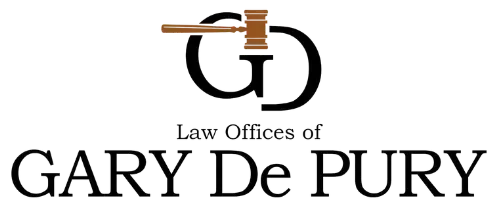Medical Debt and Bankruptcy: How to Protect Yourself from Financial Ruin
Medical debt is one of the leading causes of bankruptcy in many countries, posing a significant threat to individuals' financial stability. Navigating this challenging landscape requires awareness and proactive steps to safeguard yourself from potential financial ruin. Here’s how you can protect yourself:
1. Understand Your Medical Bills
Medical bills can often be confusing and overwhelming. It’s crucial to review your bills carefully and ensure they’re accurate. Mistakes happen, and a simple error could lead to additional, unnecessary financial burden. Don’t hesitate to ask for itemized bills and clarification from healthcare providers if needed.
2. Communicate with Healthcare Providers
Open communication with your healthcare providers can sometimes result in manageable payment plans. Many providers are willing to negotiate bills or offer payment plans without interest, allowing you to pay over time rather than in a lump sum. This can ease the immediate financial pressure significantly.
3. Utilize Financial Assistance and Insurance
Check if you qualify for financial assistance programs that may cover a portion of your medical expenses. Additionally, ensure that your insurance is optimally used by verifying what is covered and filing claims promptly. Understanding the intricacies of your insurance policy can prevent unexpected out-of-pocket expenses.
4. Consider Medical Expense Loans Cautiously
If you’re considering a loan to cover medical expenses, proceed with caution. While medical loans can provide temporary relief, they can also lead to further debt if not managed properly. Explore all other options before committing to a loan, such as negotiating bills or seeking assistance programs.
5. Seek Professional Financial Advice
Consulting with a financial advisor can provide you with strategies tailored to your personal financial situation. Advisors can help you create a budget to manage your debt, explore debt consolidation options, or even navigate bankruptcy proceedings if necessary.
6. Know Your Bankruptcy Options
If your medical debt becomes unmanageable, it’s important to understand your bankruptcy options. Chapter 7 and Chapter 13 are the most common types for individuals. Chapter 7 allows for the discharge of most debts, while Chapter 13 involves a repayment plan. Understanding these options can help you make informed decisions to potentially regain financial control.
Facing significant medical debt can be daunting, but knowing the steps to take can prevent financial catastrophe. It’s imperative to stay informed, communicate effectively with providers, and seek help when needed. Taking these steps can protect you and empower you to manage your finances more effectively.
Want to work with us?
Let's Get in Touch.
VISIT US
21035 Leonard Rd
Lutz, FL 33558
GIVE US A CALL
HOURS
Mon - Fri
8:30am - 5:30pm
Contact Us
We will get back to you as soon as possible.
Please try again later.
